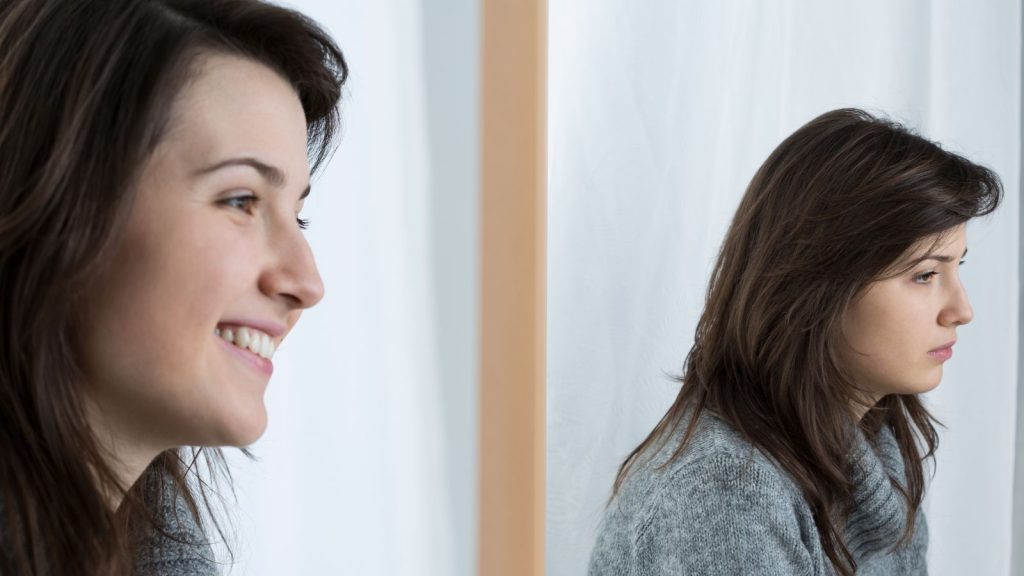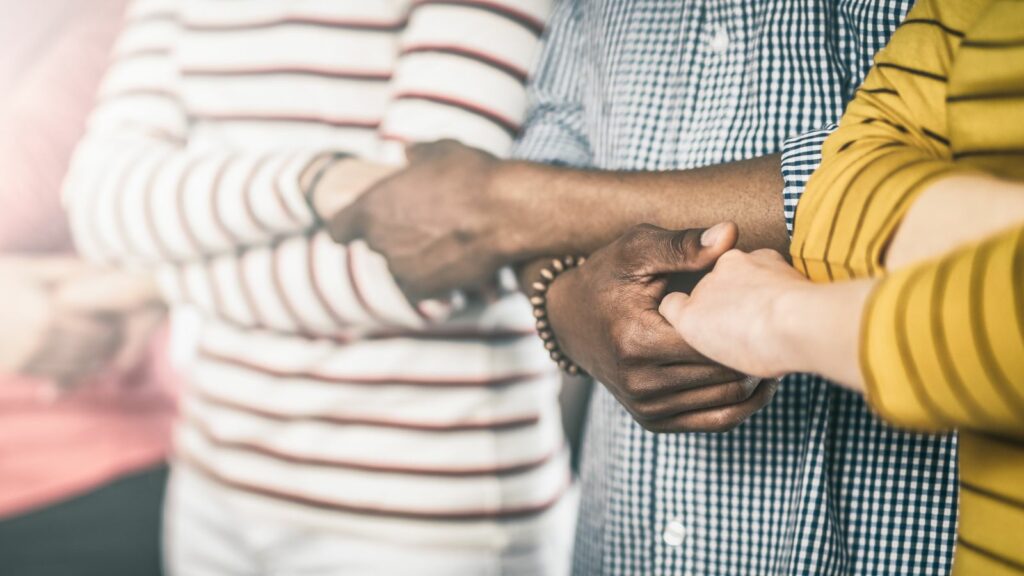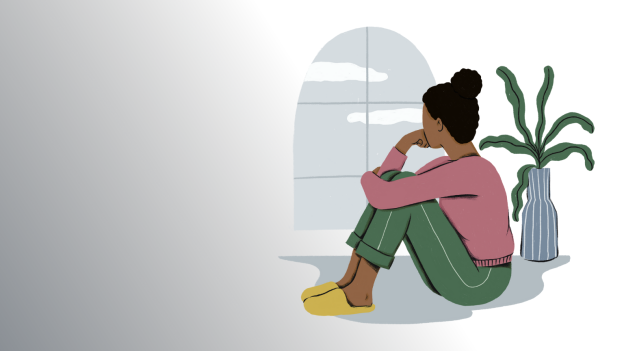Let’s talk about Depression
Nearly 1 in every 15 people will be affected by depression in any given year. While most people feel sad after a major life event (i.e., loss of a loved one, loss of a job, or a breakup), those with depressive disorders have extreme feelings of sadness and emptiness.
These low feelings can make it difficult for those with depressive disorders to function in their everyday life. Despite depressive disorders being prevalent, they are one of the most treatable mental health conditions with 80-90% of people responding to treatment.
Symptoms
There are many different types of depressive disorders: major depressive disorder, persistent depressive disorder, postpartum depression, seasonal affective disorder. Each disorder comes with their own set of symptoms, but these are common symptoms that people with depressive disorders can experience:
Persistent sad, anxious, or “empty ” mood
Sleeping too much or little
Weight fluctuations
Loss of pleasure or interest in activities
Difficulty concentrating or making decisions
Fatigue, loss of energy
Restlessness
Irritability
Feeling guilty, hopeless, or worthless
Thoughts of suicide or death

If you or someone you know is experiencing symptoms, check your risk by taking our depression screening.
Treatment
Treatment will vary depending on the type and severity of the depressive disorder, but most treatments include psychotherapy, medication, or a combination of the two.
It is important to know that treatment for mental health conditions are tailored to the individual and the information presented here are just a few of the many different treatment options.
Psychotherapy
Psychotherapy is a form of treatment conducted by a trained and licensed therapist (i.e., psychologist, social worker, or counselor). The therapist provides a supportive environment for individuals to talk openly about their mental health condition(s) and emotional challenges with someone who is objective and non judgmental. There are many different types of psychotherapy, but in general the therapist and patient work together to identify the causes of their mental health condition, develop coping mechanisms, and challenge thinking and behavioral patterns.
Cognitive Behavioral Therapy
One of the most effective forms of psychotherapy for depressive disorders is cognitive behavioral therapy (CBT). This type of psychotherapy is based on the principles that mental health conditions derive from unhelpful ways of thinking and learned patterns of unhelpful behavior. Symptom relief occurs by individuals challenging and changing their thinking and behavioral patterns (American Psychological Association, 2017).
Medications
Medications can help relieve symptoms of people with depressive disorders. The most commonly prescribed antidepressants are selective serotonin reuptake inhibitors (SSRIs). Antidepressants take time to take effect. It is not uncommon for them to take several weeks or longer to work and you may need to adjust your dose or type of medication multiple times before finding what works best for you and your symptoms (Mayo Clinic, 2019).
It is important to consult with a medical provider before taking any medications.

Resources
Looking for information, tools or resources for mental health?
Visit our online resource library, where you’ll find tools and apps to support your mental health and wellness, information about mental health and common mental health conditions, on-demand videos and trainings, interactive tools to help you build wellness and safety plans, research and reports, resources for schools and workplaces, and much more!

